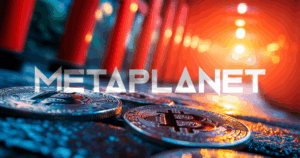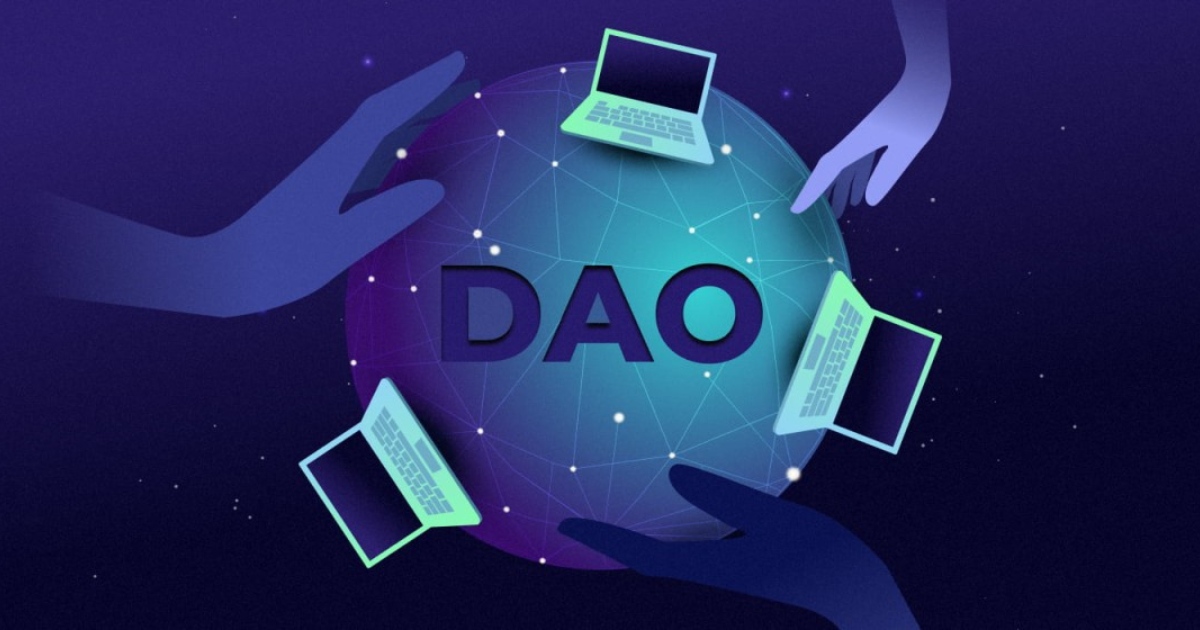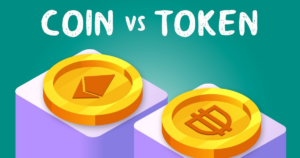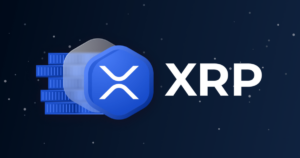Decentralized Autonomous Organizations or DAOs are a revolutionary way of collective decision-making and management in the ever evolving land of digital organizations. We are shifting to the organization of these blockchain based entities as they change how we think about the structure and governance of an organization. We can get into what DAOs are and how they are essential in the present-day digital world.
Key-Takeaways:
- Smart contracts and blockchain technology are used by decentralized autonomous organizations to redistribute voting power to token holders, opposed to traditional management structures.
- In a fully transparent system recorded on the blockchain, members of a decentralised autonomous organisation can vote on proposals, balance funds and shape the organisation’s future.
- Decentralized autonomous organizations, despite their inherent security risks and slow decision making processes, present a new model for global collaboration and democratic governance.
Understanding DAOs: The Basics
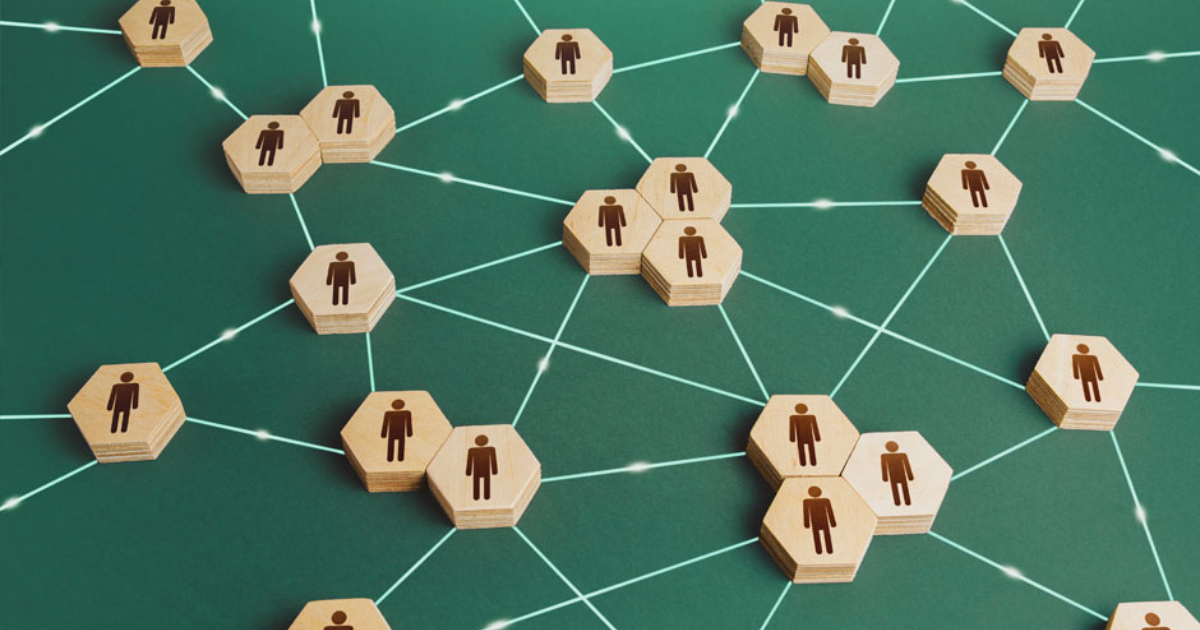 If you can think of a DAO as a community built digital company, instead of the more traditional board of directors, it can start to have value. But for the holders of tokens they are a part of every part of the organization that can decide on how they wish the organization should be operating and developing. DAOs use smart contracts, which are programmed computer code that makes all of the decisions and transactions equally as in traditional companies, but are much smarter.
If you can think of a DAO as a community built digital company, instead of the more traditional board of directors, it can start to have value. But for the holders of tokens they are a part of every part of the organization that can decide on how they wish the organization should be operating and developing. DAOs use smart contracts, which are programmed computer code that makes all of the decisions and transactions equally as in traditional companies, but are much smarter.
Every DAO has smart contracts as the backbone of how its operations work. Once enough members vote a proposal to pass, it becomes these digital agreements, which automatically execute decisions. For example, let’s say that members vote to spend money towards a new project, then the smart contract will automatically start spending the money when the vote passes.
Members vote on issues from basic rules to wealth, under the leadership of a head manager for approval. ConstitutionDAO is a real world example of what would happen if a virtual community could acquire a rare copy of the U.S. Constitution. They lost out on the bid, but demonstrated that DAOs could bring people together around a common purpose.
Benefits of the DAO Model
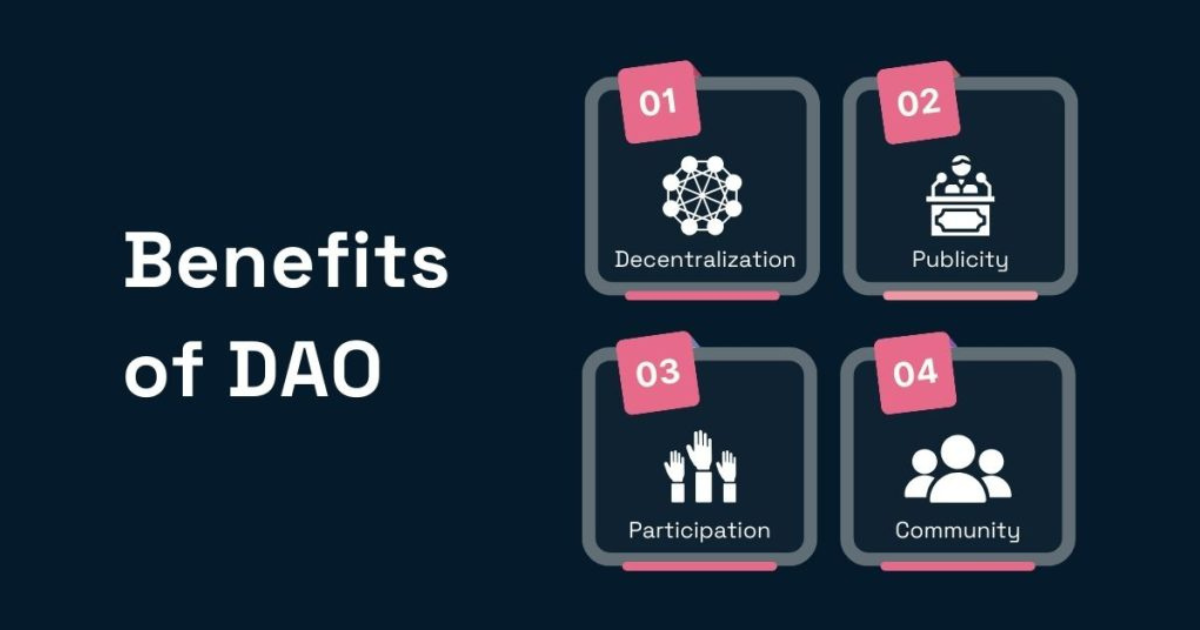 One of the most important advantages of voting platforms is that they bring more transparency than ever before, meaning that all votes and actions reported on the blockchain by anyone can be seen. This public record is meant to be an encouragement to members to act in the best interest and responsibility of the organization.
One of the most important advantages of voting platforms is that they bring more transparency than ever before, meaning that all votes and actions reported on the blockchain by anyone can be seen. This public record is meant to be an encouragement to members to act in the best interest and responsibility of the organization.
Another advantage is global participation. Joining a DAO is open to anyone with an internet connection. They can contribute to its mission, and it also brings the possibility to create potential collaboration with worldwide companies that are hard to attain by traditional companies.
This is still a very important concern for security. There are plenty of cautionary tales in the infamous case of “The DAO” in 2016. Its code was hacked and millions of cryptocurrencies stolen.
The Future of DAOs
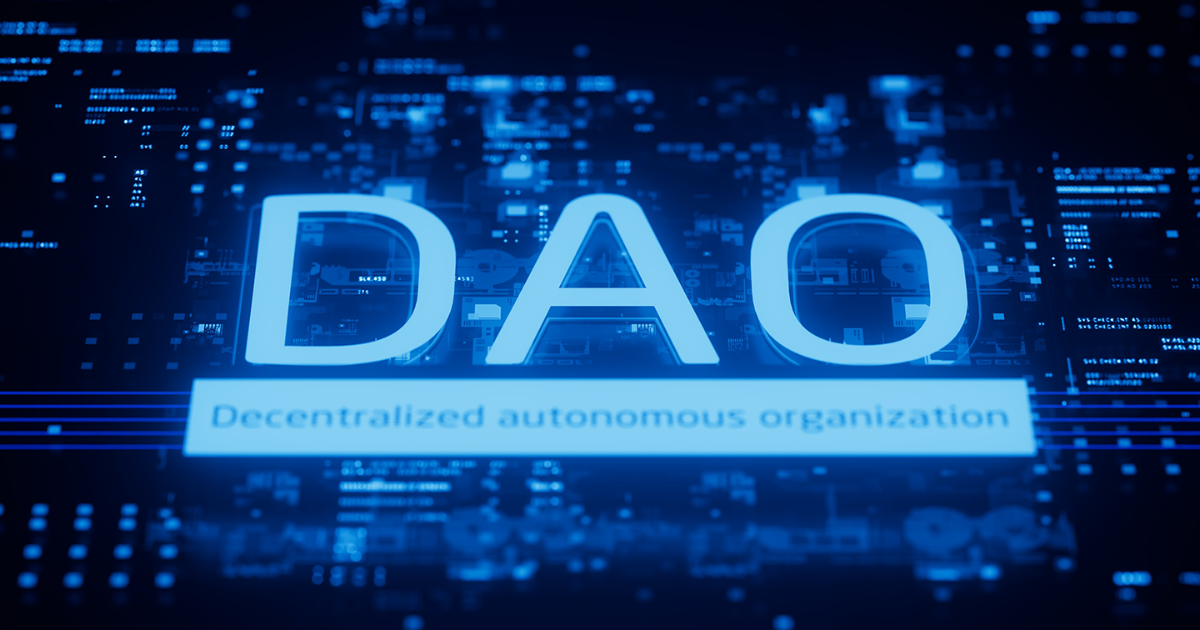 DAOs will likely be more common in the various industries because blockchain technology is getting mature. Strategic transformation is possible; they could change how we think about business ownership, decision-making, and community governance. But they have limitations and need to build user-friendly systems.
DAOs will likely be more common in the various industries because blockchain technology is getting mature. Strategic transformation is possible; they could change how we think about business ownership, decision-making, and community governance. But they have limitations and need to build user-friendly systems.
Why DAOs Matter
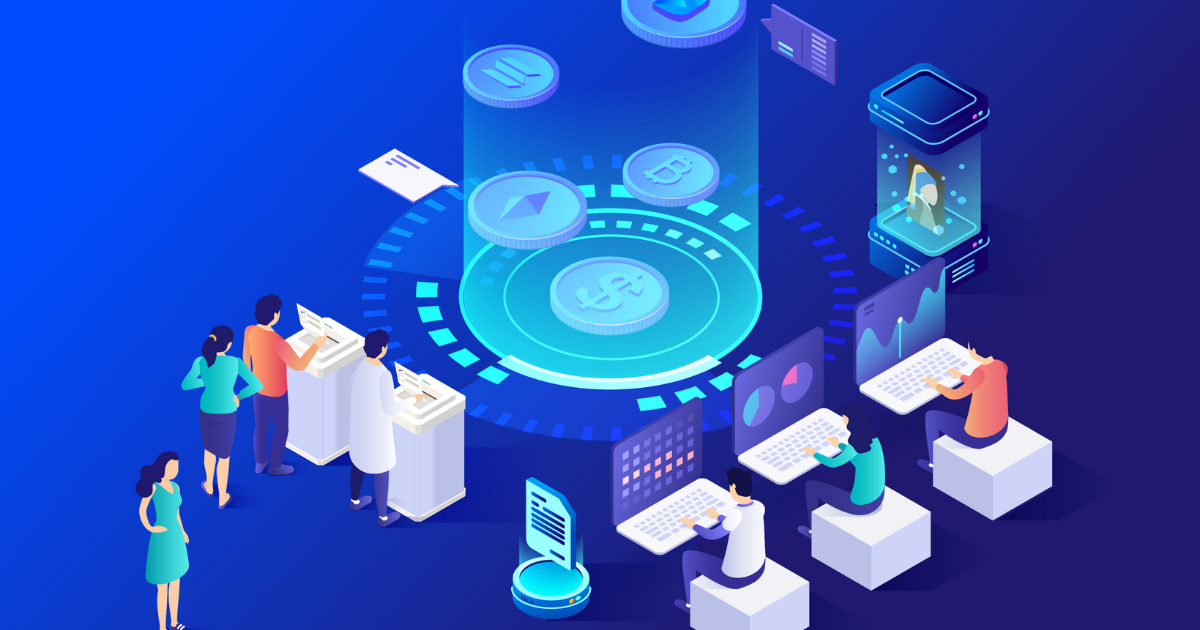 There’s a bit more to DAOs than just a new business model; they’re working on democratic governance in the digital age. But they demonstrate how technology can enable people to coordinate while not falling into traditional hierarchies. DAOs are an innovative solution for those who are looking for ways to collaborate internationally in a transparent way.
There’s a bit more to DAOs than just a new business model; they’re working on democratic governance in the digital age. But they demonstrate how technology can enable people to coordinate while not falling into traditional hierarchies. DAOs are an innovative solution for those who are looking for ways to collaborate internationally in a transparent way.
Whatever your interest in blockchain technology, organizational management, or digital innovation, you need to understand DAOs. Indeed, they question our conventional ideas of leadership and present framework for future organizations under decentralized governance.
Conclusion: Decentralized Autonomous Organizations
While DAOs are not completely for everyone, they are pushing the way people can work together and make decisions as a collective. The more people are adopting decentralized systems, the more the technology improves, the more we could have a standard model for digital collaboration and governance.




